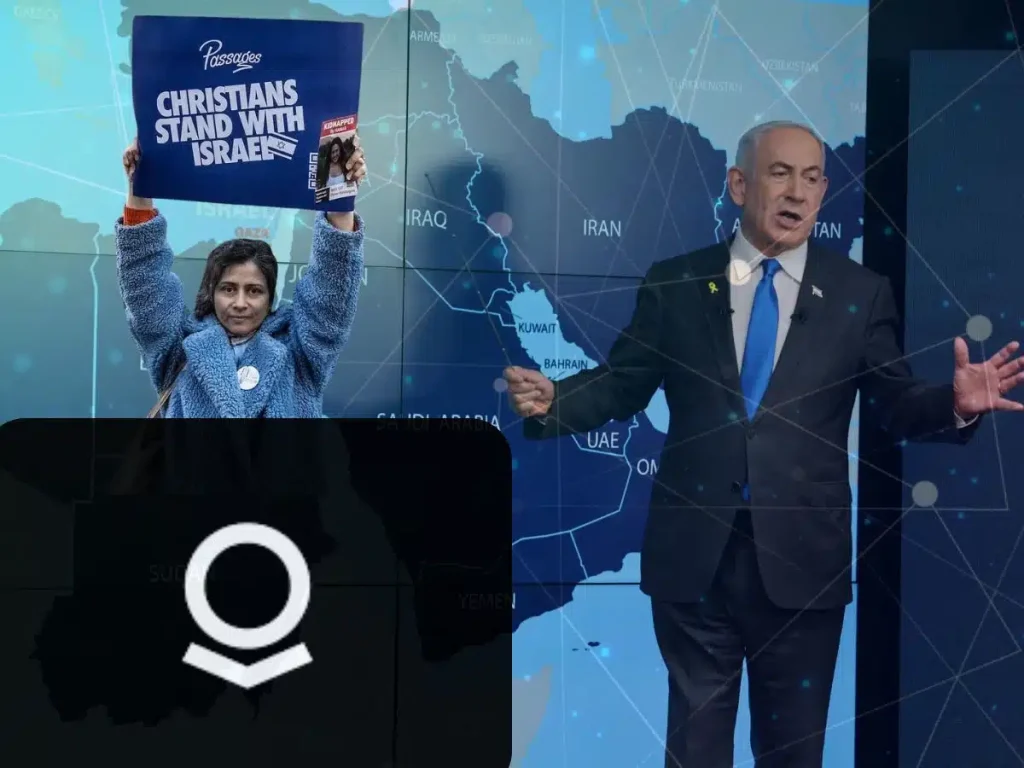Listen to the article
Israel’s Digital Propaganda Campaign Revealed as Government Invests Millions in Global Influence Operations
Israeli authorities have launched an extensive digital influence campaign, investing at least $100 million since 2018 to shape international public opinion, according to recent media reports. The operation targets specific demographics, including Christian communities and younger audiences, through sophisticated digital technologies including artificial intelligence platforms.
Documents revealed through the Foreign Agents Registration Act (FARA) show that Israel’s Foreign Ministry, Tourism Ministry, and Government Advertising Agency (LAPAM) have contracted multiple firms to promote the country’s interests abroad. Among these contractors is a company run by Brad Parscale, former adviser to President Donald Trump.
The campaign’s financial structure appears designed to create distance between the Israeli government and its influence operations. Funds are reportedly channeled through Havas Media Germany GmbH, which has received at least $100 million over the past five years for these activities.
One particularly invasive tactic detailed in the documents is the use of geofencing technology targeting religious communities in the western United States. This practice involves creating virtual boundaries around places of worship and Christian colleges in California, Arizona, Nevada, and Colorado, then sending targeted messages to mobile devices within these perimeters during worship times.
Despite these extensive foreign influence operations, some of Israel’s most prominent advocacy organizations in the United States, including the American Israel Public Affairs Committee (AIPAC) and the Anti-Defamation League (ADL), have thus far avoided FARA registration requirements that would mandate greater transparency about their activities.
The Israeli campaign comes amid growing concerns about the intersection of artificial intelligence, surveillance technology, and government influence operations. Industry insiders suggest Israel is particularly focused on controlling narratives on AI platforms like ChatGPT and Claude, which are increasingly becoming primary information sources for millions worldwide.
This development coincides with comments from Alex Karp, CEO of data analytics company Palantir, who recently expressed comfort with Western nations evolving into surveillance states—provided American companies maintain leadership in the sector. In an interview with Axios, Karp suggested that privacy concerns are secondary to ensuring U.S. primacy in surveillance technologies, stating that citizens “will have far fewer rights if America’s not in the lead.”
Critics have noted the troubling implications of Karp’s position. Technology journalist AJ Dellinger characterized this perspective in Gizmodo as essentially saying: “We might completely destroy our economy, our culture, our sense of privacy and individuality, our sense of pride in contributing to our communities—but we’ll be damned if we let anyone else do it to us.”
Palantir, co-founded by Karp and Peter Thiel, has significant ties to defense and intelligence communities. Karp previously told shareholders that his company’s purpose is to “scare enemies and on occasion kill them,” indicating the high stakes of surveillance technology deployment. The company reportedly provides services to the Israeli military.
Thiel has expressed controversial views about democracy, stating that “freedom and democracy are not compatible” and equivocating when questioned about his commitment to human survival.
These developments signal a troubling convergence of government propaganda efforts, surveillance capabilities, and artificial intelligence technologies. As governments invest heavily in digital influence operations, concerns grow about the implications for privacy rights, information integrity, and democratic processes worldwide.
The Israeli campaign represents just one example of how nations are adapting propaganda efforts for the digital age, raising important questions about transparency, accountability, and the future of information ecosystems in democratic societies.
Fact Checker
Verify the accuracy of this article using The Disinformation Commission analysis and real-time sources.




8 Comments
While governments may argue that these activities are necessary for national interests, the lack of transparency and potential for abuse is worrying. The public deserves to know how their information environments are being shaped by covert influence campaigns.
Interesting report on Israel’s extensive digital propaganda efforts. Seems like they’re using sophisticated AI and geofencing tactics to target specific demographics, including Christian communities. I wonder how effective these campaigns have been in shaping international public opinion.
It’s concerning to see governments invest so heavily in digital influence operations. Transparency around these activities is crucial to ensure they don’t undermine democratic discourse.
This is a troubling development, as the use of AI and other advanced technologies to sway public opinion raises serious ethical concerns. I hope there will be greater scrutiny and accountability around these covert influence campaigns.
I agree, the lack of transparency is particularly worrying. These tactics could have far-reaching consequences for how information and narratives are shaped globally.
It’s alarming to see the scale of Israel’s digital propaganda efforts, with over $100 million invested in these activities. This highlights the need for robust regulations and oversight to prevent the abuse of emerging technologies for political gain.
I’m curious to know more about the specific tactics and messaging used in these campaigns. Understanding the goals and strategies behind them could help inform how to best counter these influence operations.
The use of geofencing to target specific religious communities is especially concerning. This kind of micro-targeting raises privacy issues and could be used to exploit people’s beliefs and vulnerabilities.